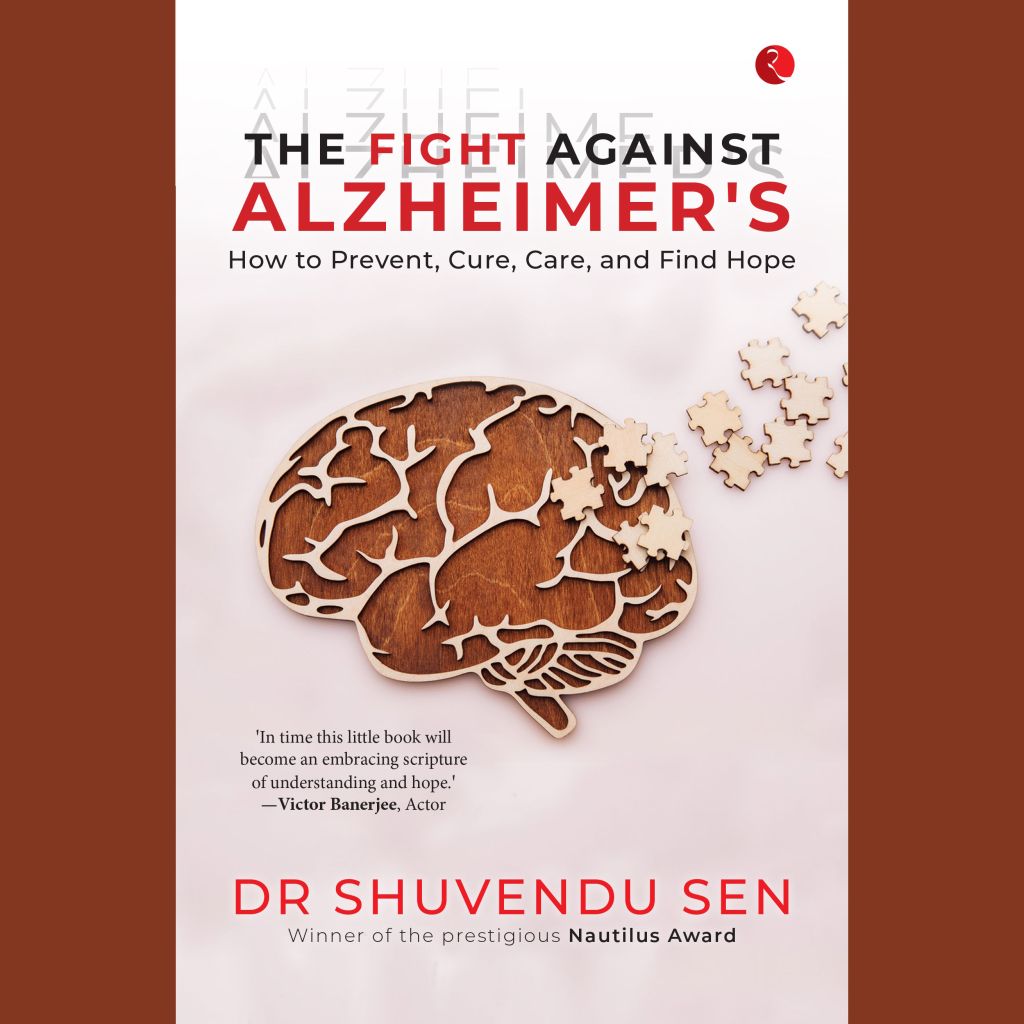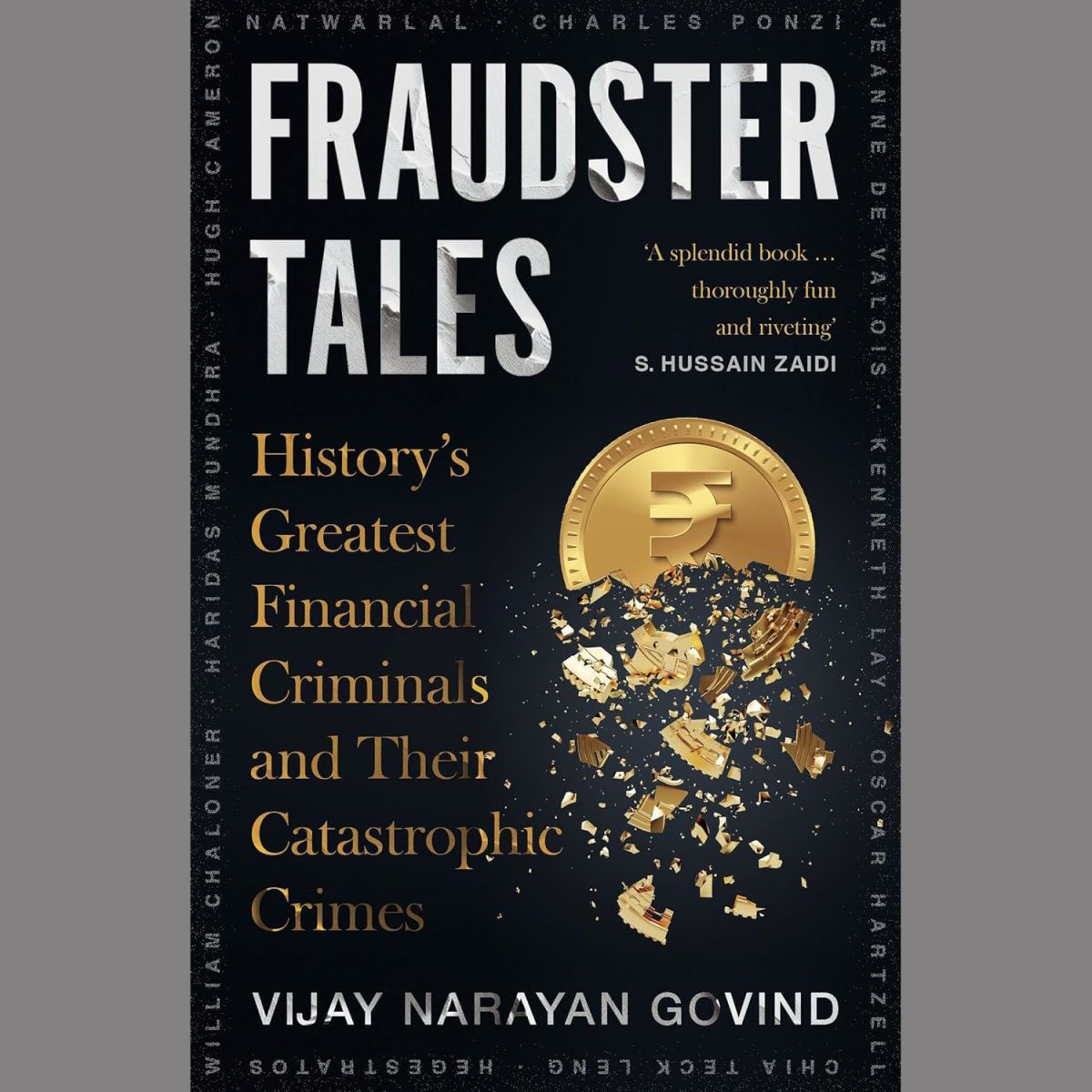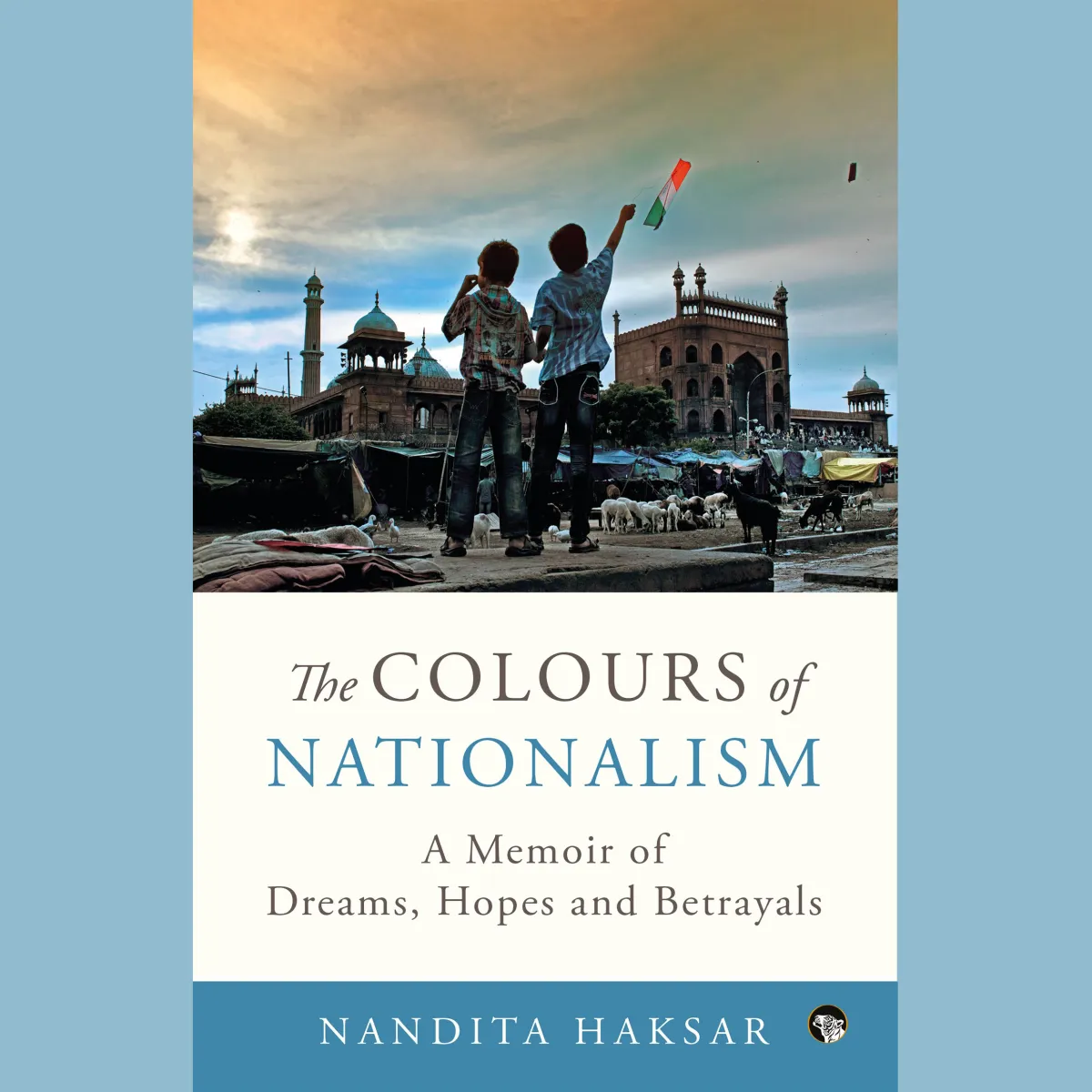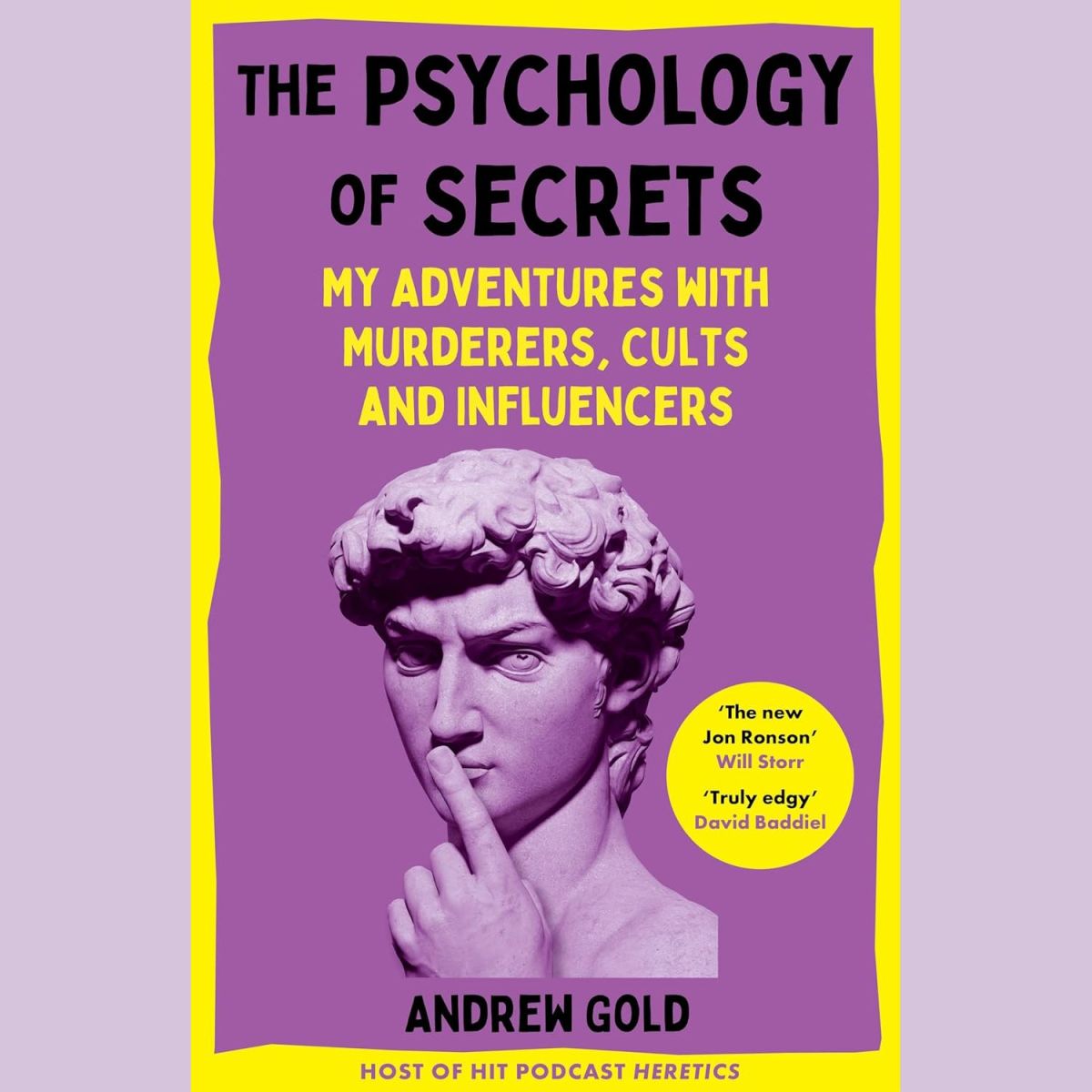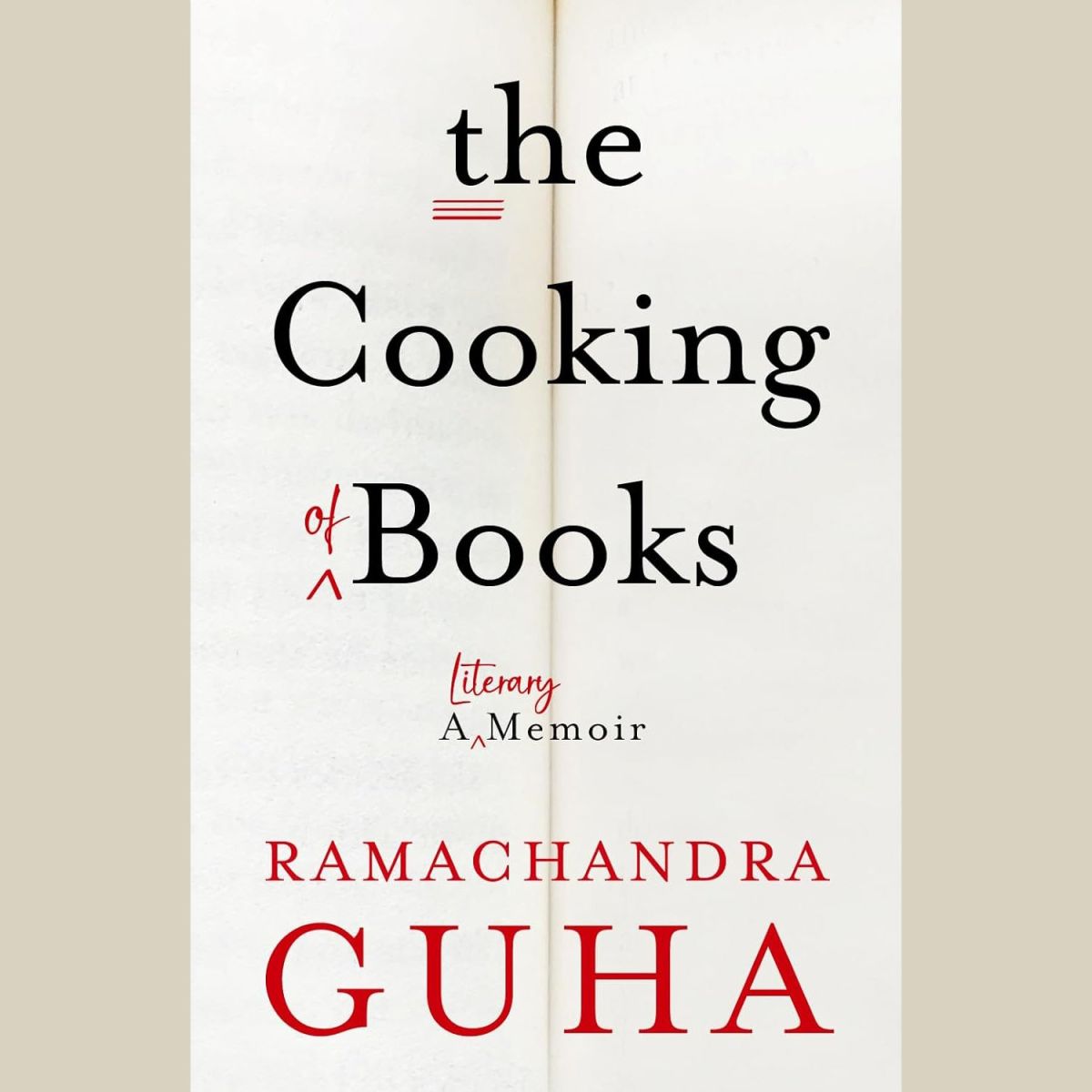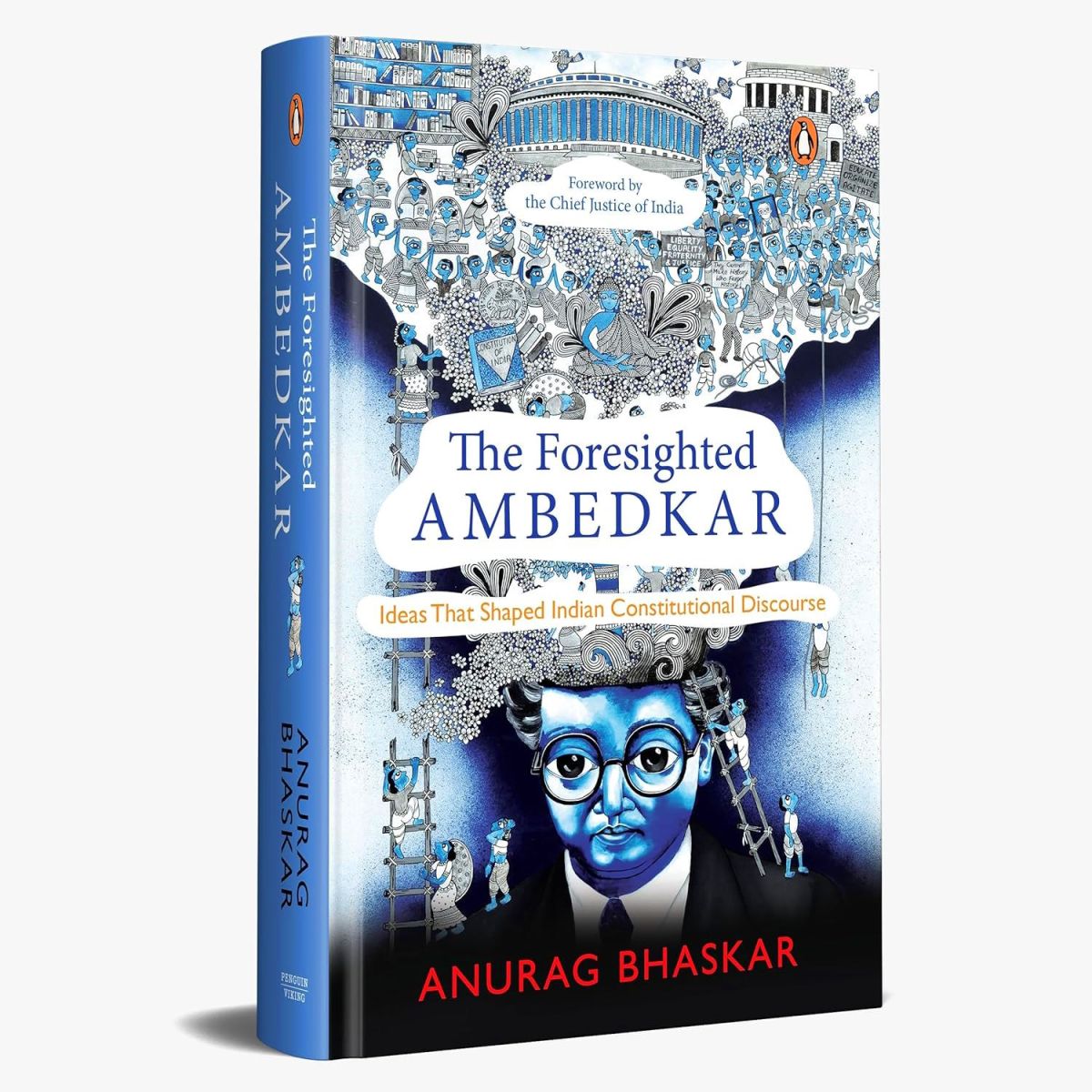Alzheimer’s is a ruthless disease, one that ravages the brain and kills silently, unsparingly. It can start quietly, without too many apparent symptoms and often, by the time it is diagnosed, it’s already done significant harm. ‘How can one anticipate and prevent Alzheimer’s before it becomes a full-blown disease? Are there precautions to take? How does one care for a loved one who falls prey to Alzheimer’s? How can a caregiver cope with the emotional upheavals when taking care of their loved one who does not even remember who, what and when they forgot? Can meditation help prevent dementia? In this book – The Fight Against Alzheimer’s – Dr Shuvendu Sen addresses these questions and concerns,’ says the publisher’s note. ‘Offering a brilliant, insightful and encircling embrace for both the patient and their caregiver, this book redefines the understanding of a disease that is the most common cause of dementia. It provides critical advice for caregivers and suggests ways to decelerate and even reverse the progression of Alzheimer’s,’ it adds.
With the publisher’s permission, here is an excerpt from The Fight Against Alzheimer’s
The birth of Alzheimer’s disease was noted through a woman named Auguste Deter. A seamstress assistant, Auguste married Karl Deter in 1873 and settled down in Frankfurt, Germany. The couple had a daughter, whom they named Thekla. Time flowed without a ripple till March 1901, when Auguste started to act odd. She abruptly accused her husband of adultery, became careless with her housework, lost her ability to cook, started to forget and misplace things, forgot how to write, dragged a bedsheet out in the open, cried her heart out during midnights and became agitated at the slightest pretext…all these in a span of a few months.
At the age of 51, on 25 November, the same year, Auguste Deter entered the Frankfurt Mental Hospital under the care of Dr Alois Alzheimer’s. Her mental and emotional fluctuations continued in the hospital. While she could recognize and identify objects like pens, cigarettes and keys, she thought she ate spinach, when she actually had cauliflower and pork. She arched between offensive comments to extreme politeness, stone still silence to midnight cries. She needed to be placed in a bath filled with water to calm her agitations and had to be locked up at night to abort her wandering temptations. Dr Alzheimer’s chronicled all these activities, summarized all her aspects of memory loss and dysfunctional conditions in the minutest details and came to the conclusion of ‘presenile dementia’.
Five years later, on 8 April 1906, pneumonia ended her suffering, as she succumbed to the infection at the age of 55. Soon after Auguste’s death, her brain was sent from Frankfurt to Munich, along with all other medical records. On receipt, without a minute to spare, Dr Alzheimer set to conduct the biopsy of her brain. For the first time in medical history, an Alzheimer’s patient’s brain was studied. Auguste’s cortex was found to be thinned. All the regions of the brain, involving the ones controlling memory, language, judgement and thinking, were found to be severely impaired. Plaques and tangles were found in the nerve fibre. A dreadful disease had announced its presence.
More than a century later, with far more advanced imaging studies and far deeper understanding of science behind the disease, we are still searching for the light at the end of the tunnel. Nowhere is the cry for answers more poignant than with Alzheimer’s disease. A terrifying spectacle sinks mind after mind, unbridled and untouched by any type of resistance thrown in its way. This disease springs from an organ that is the least understood, one that robs a person of emotion and identity, transforming all humane faculties into an expressionless stare. Of all the diseases that continue to harass humanity, Alzheimer’s holds hostage the very fulcrum of human existence: its mind. Far more surreptitious than a stroke or tumour that grows, flares or strikes with characteristic visibility and ferocity, Alzheimer’s is that serpent in the grass that doesn’t give a hint of its existence. Its deceptive presence evokes virtually no resistance, as it spews its venom remaining virtually unchallenged. When it finally decides to announce itself, the human brain has already turned into jelly, helpless to the serpent’s sinking teeth.
Scientists and physicians have tried to defy the disease the way they always have—with imaging studies, molecular genetics and pharmaceutical industries. But we also realize that unlike other disorders that harp on certain organic traits, Alzheimer’s deals with memory, the finest of our faculties. For an entity as integral, infinite and invisible as memory, a drug or a procedure is as futile and redundant as a group of ants trying to grapple with a giant pizza. So, while stress can be managed, mood can be elevated, growth can be arrested, blood can be stalled and a clot can be busted, memory cannot be revived with a single magic pill. Unlike any other organ, the brain remains the only one that has little control over the boundless possibilities of its own existence. Moving from consciousness and awareness to motivation, intention, insight and free will, the brain and mind arc seamlessly back and forth, exchanging each other’s position as cause and effect.
Like the classical Achilles heels of modern medicine, Alzheimer’s disease highlights the shortcomings and incredible challenges of a branch of science that, despite its rapid advances, thrives on external discoveries while completely ignoring the treasures from its own internal resources. The understanding that this disease is much more than a rusty brain that has dwarfed due to disuse, makes one gawk at the limitless possibilities that might be leading to this tragic state of inertia. The overwhelming fact remains that unless we have a deeper understanding of how the mortal mind works beyond the configuration of the brain’s anatomical landmarks, we will find it hard to tame a beast that revels in random invasions. In other words, unless we comprehend how we remember and relate, we cannot comprehend how we forget.
What makes matters more ominous is the rapidly emerging concept that Alzheimer’s is neither just about loss of memory nor does it involve only the sufferer. Almost like an infectious disease, it trespasses from the patient to the caregiver. The sheer emotional trauma of caring for a loved one who is physically intact but functionally defunct is bound to wreck the emotional mind. With mounting evidence showing trauma and stress as major risk factors, caregivers themselves become potential victims of this disease. A singular disease turns into a family affair that is at once vicious and aggressive. As a result, depression, agitation, personality changes, stress and allied cognitive disorders become inevitable ingredients of a complete package for both the patient and the caregivers. For a disease of such ruthless pervading nature, it is myopic to think of a solitary or a singular approach. To put it succinctly, this is one fiend whose taming calls out for not just neuroscientists but masters of philosophy, sociology, physics and, I dare add, spirituality.
The Fight Against Alzheimer’s: How to Prevent, Cure, Care, and Find Hope
Author: Dr Shuvendu Sen
Publisher: Rupa Publications
Format: Hardcover / Kindle
Number of pages: 160 / NA
Price: Rs 399 / Rs 353
Available on Amazon
The Fight Against Alzheimer’s: An Excerpt
